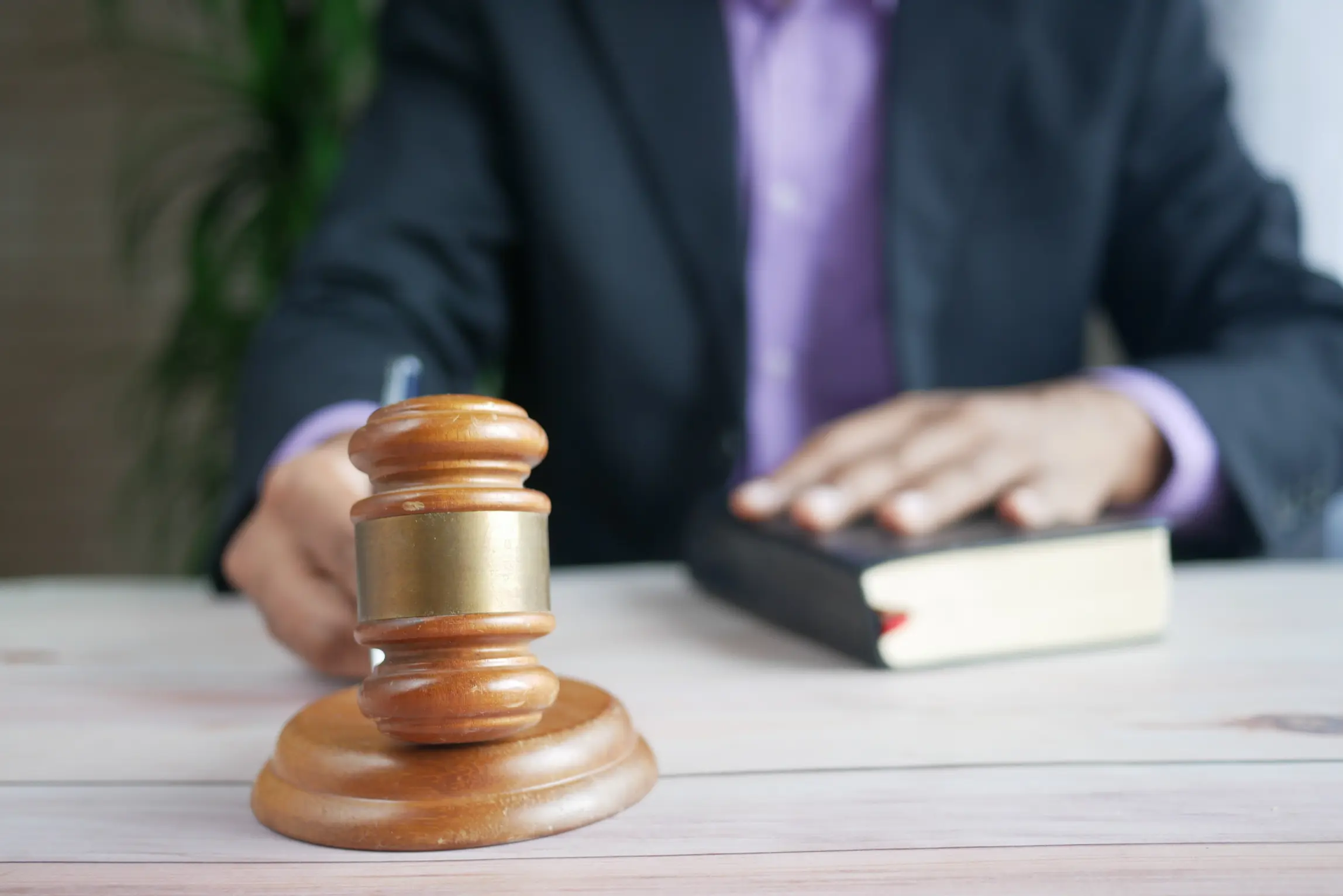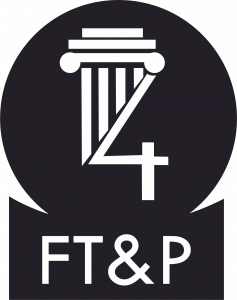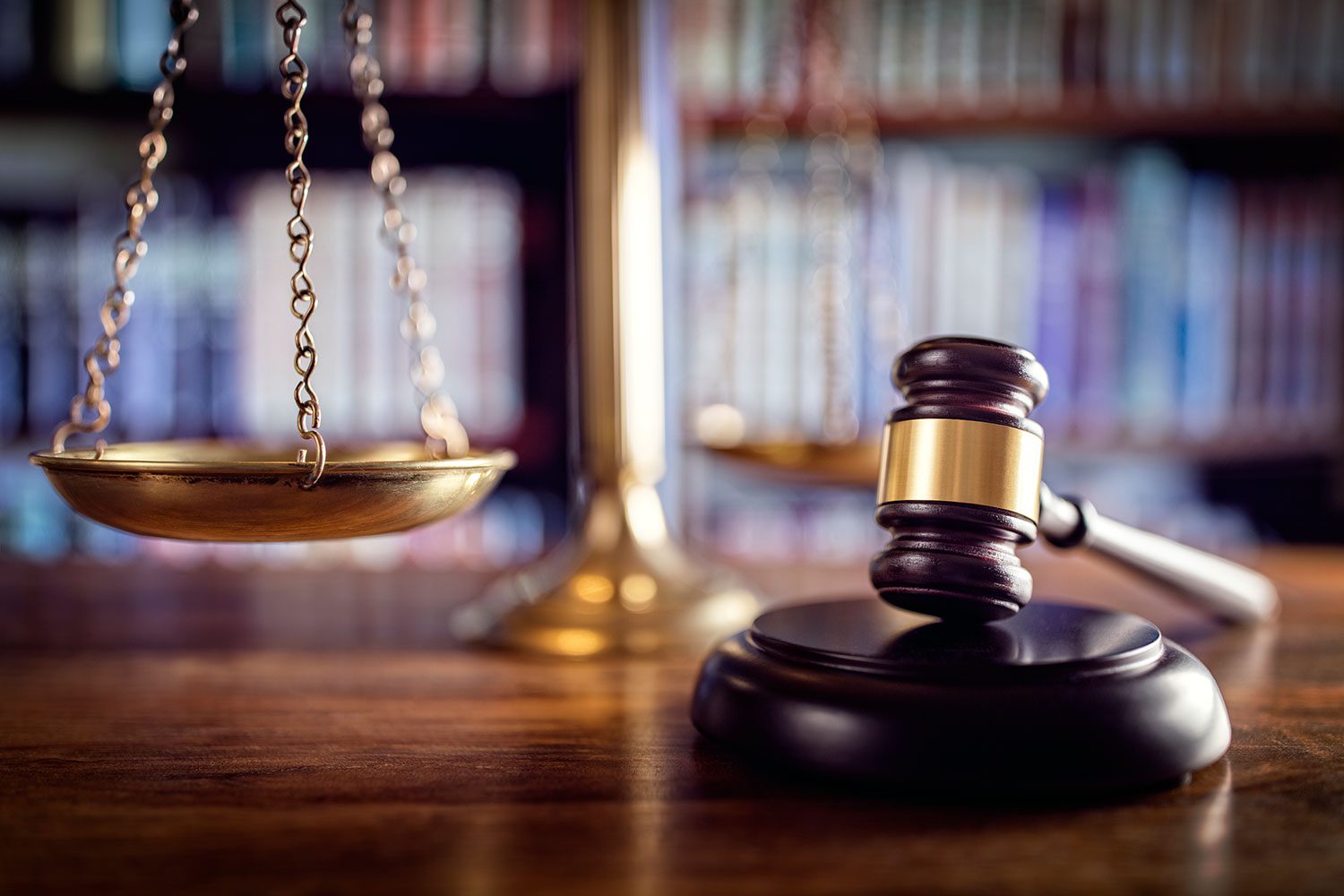By A. I. Omoloye, Esq
The Judgment was delivered on the 6th day of September, 2023 by a Panel of five Justices of the Court of Appeal of Nigeria. The Court of Appeal sits as the court of first instance (trial court) in the determination of the question of whether a person has been duly elected as President or Vice President of the Federal Republic of Nigeria.
The Judgment is in respect of three separate petitions filed by the following aggrieved political parties and their candidates:
- Mr. Peter Gregory Obi and Labour Party (LP) – Petition Number CA/PEPC/03/2023,
- Allied Peoples Movement (APM) – Petition Number CA/PEPC/04/2023, and
- Abubakar Atiku and Peoples Democratic Party (PDP) – Petition Number CA/PEPC/05/2023.
It is obvious from the above that the candidate of the APM did not challenge the election of the President although her political party did. This is permissible in law as either the Political Party or the Candidate or both of them are competent to challenge an election.
It must however be stated that the refusal of a Political Party to challenge an election its candidate is challenging will technically knock out the case where the candidate seeks an Order of Re-Run. Therefore, the Political Party and its Candidate are like Siamese twins in an electoral dispute, though separable but at grave and sometimes fatal consequences.
The 3 Petitions were consolidated by the PEPC at the Pre-hearing Session for ease of adjudication. When two or more matters are consolidated, it means they are joined and determined together as if they were one but each maintains its identity.
That is, the decision on a similar matter in one binds the other while at the same time all the distinct issues in all the matters are addressed. Most essential however is that the conclusion on the key subject matter of all the matters is the same. This procedure is adopted to ensure that the Court does not give conflicting orders in matters on the same subject matter.
For instance, the subject matter of the three Petitions determined by the PEPC is the outcome of the election conducted on 25th February 2023 which produced President Bola Ahmed Tinubu as the Winner. It is therefore only proper that the three Petitions be consolidated to arrive at a single conclusion of whether or not the President was validly elected. I am not unmindful that some of the issues in the Petitions could be distinct and their presentations separate but the ultimate question will still be whether the President was validly elected.
The Justices started with the delivery of the Judgment in the Petition of the APM before proceeding to deliver that of the Peter Obi’s Petition and then that of Atiku Abubakar. It is however noted that the Judgments were arranged in the order in which the Petitions were filed as indicated by their numbers.
The Judgment in the APM Petition (delivered first) is contained on pages 328 to 487, that of Peter Obi on pages 3 to 327, and that of Atiku Abubakar on pages 487 to 751. The Final Orders on all the Petitions are contained on pages 751 to 752. The Lead Judgment was delivered by the Chairman of the Presidential Election Petition Court. The contributions of all the other Justices (members) of the PEPC also followed the Lead Judgment with all of them agreeing with the reasons and conclusions of the Lead Judgment, making it a unanimous Judgment of the PEPC.
Omoloye is a Partner at Fourz Towers & Partners




